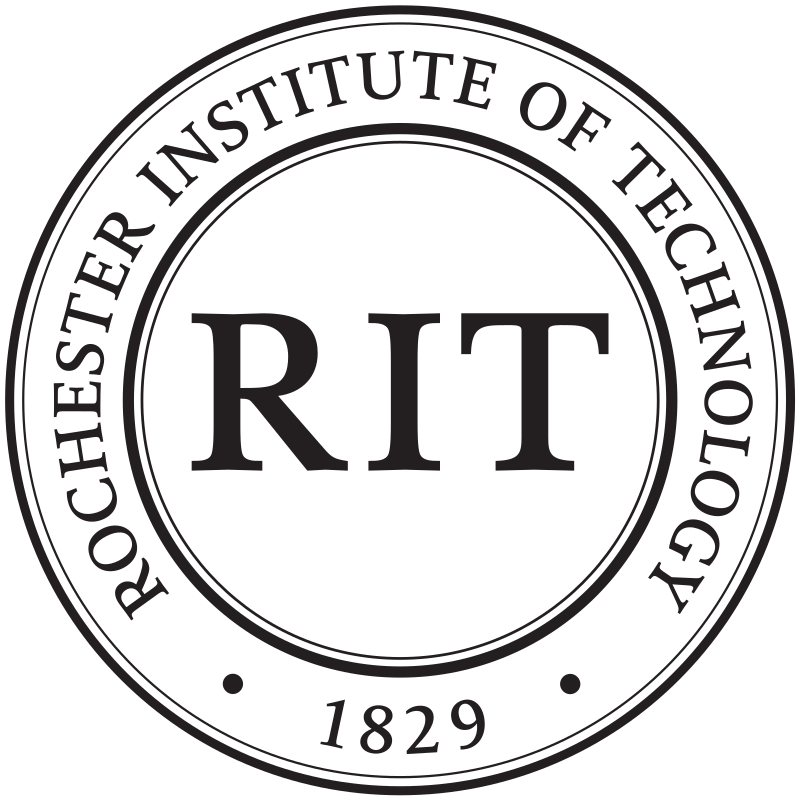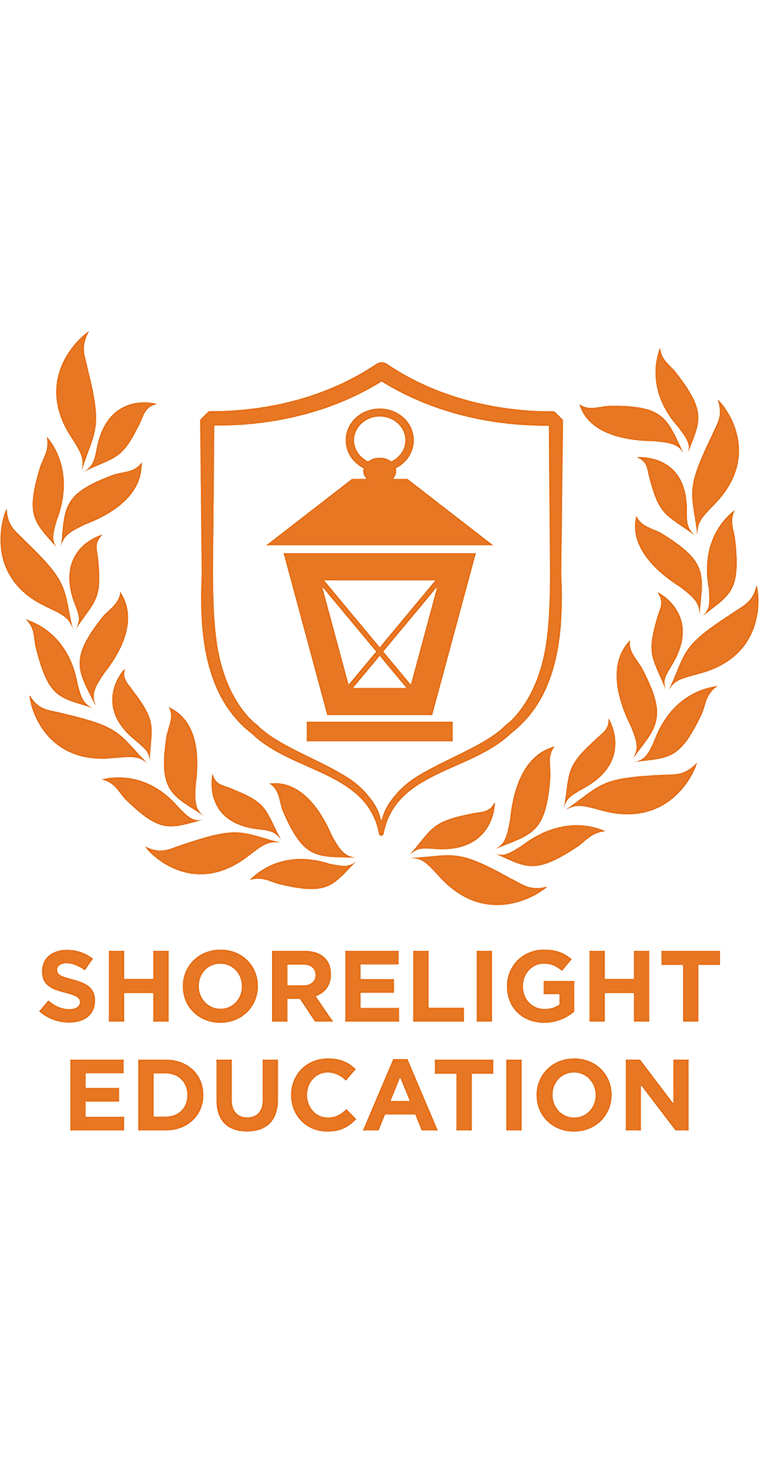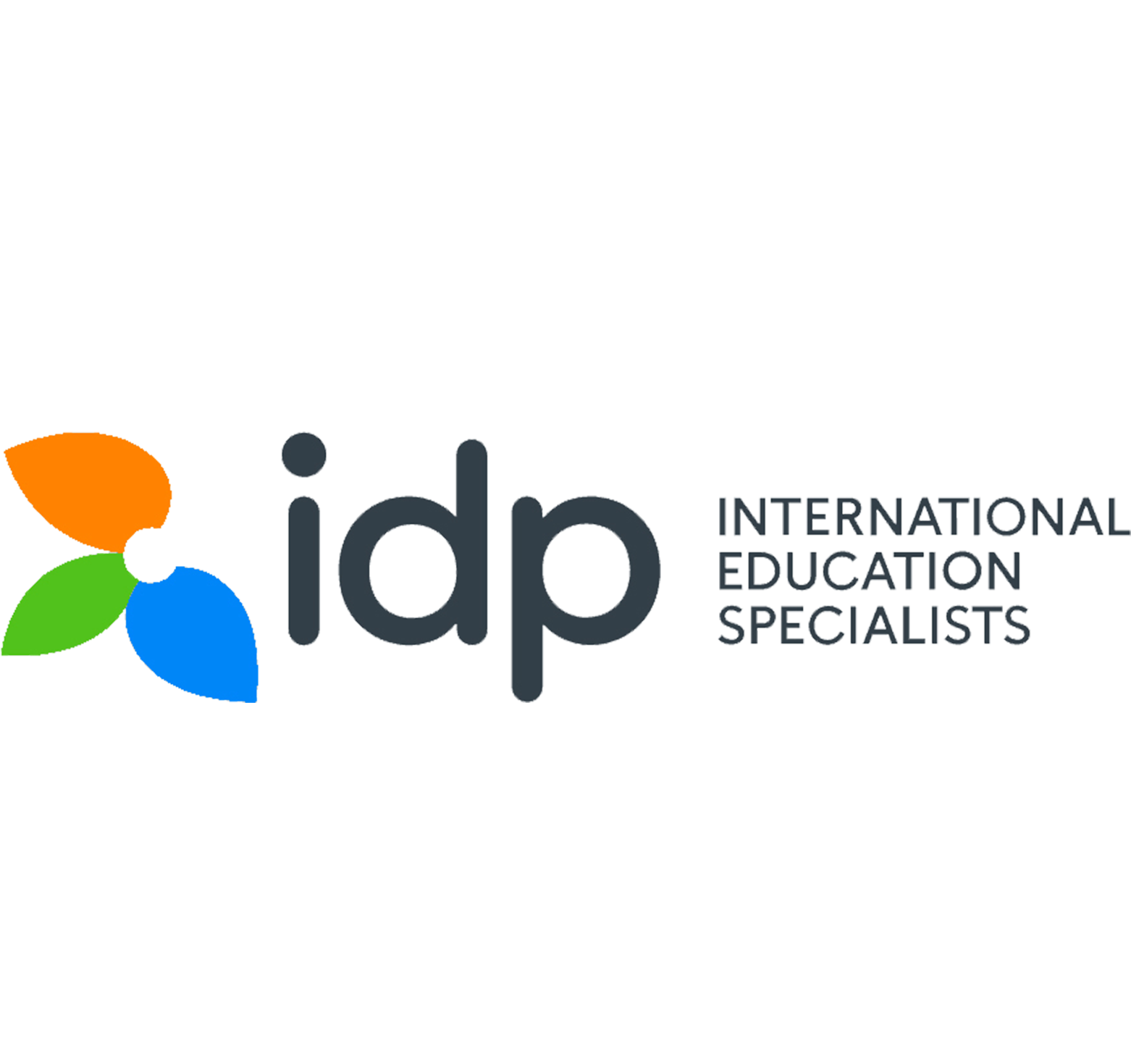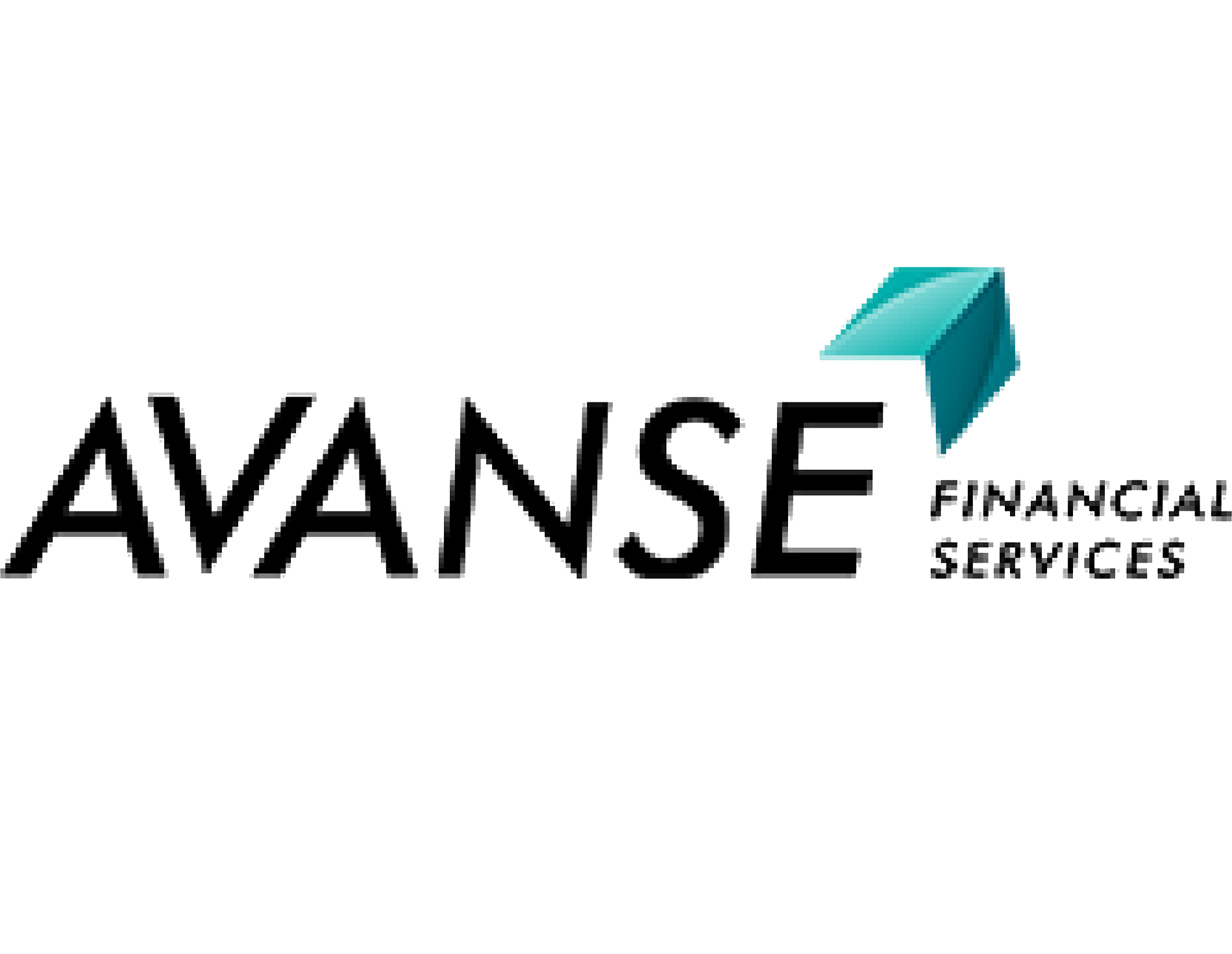
Foreign Education Consultants
Typically replies within minutes
Foreign Education Consultants
Hi There,
How can I help you?

Foreign Education Consultants
Typically replies within minutes
Foreign Education Consultants
Hi There,
How can I help you?
Get university recommendations.
Create SOP for free
Direct university communication
Track your application
Online payments
Don't have an account?
Get university recommendations.
Create SOP for free
Direct university communication
Track your application
Online payments
Already have an account?
Get university recommendations.
Create SOP for free
Direct university communication
Track your application
Online payments
Got your password?

Application Fee
RIT’s computer science master’s degree is designed for students who have an undergraduate degree (or minor) in computer science, as well as those who have a strong background in a field in which computers are applied, such as engineering, science, or business. The degree is offered on a full- or part-time basis and can be completed either on-campus or online.In this dynamic computer science master’s degree, you’ll explore computer graphics and visualization, data management, and intelligent systems while developing the skills to excel in this ever-changing field.
Computer Science Master’s Degree–On-Campus or Online
In the computer science master’s degree, you’ll apply theoretical principles underlying computer science, ensuring you acquire the intellectual tools necessary to keep up-to-date in this rapidly evolving discipline. With focused course work in areas such as computer graphics and visualization, data management, distributed systems, intelligent systems, programming languages and tools, and security, you’ll be prepared for career advancement in a range of areas.
The on-campus and online versions of the program–from curriculum, faculty, and cluster options–are identical. You will have access to RIT’s resources, including computing labs and libraries. The highly acclaimed staff in the Office of Career Services and Cooperative Education provides advice and guidance to help you plan, prepare, and meet your career goals and aspirations. Application requirements, the admission review process, and tuition are the same for both programs. All applications are considered for scholarships, regardless of online or on-campus study.
Clusters
You will select three cluster courses from the following areas:
Computer Science (thesis option), MS degree, typical course sequence
Course Sem. Cr. Hrs.
CSCI-665 Foundations of Algorithms 3
CSCI-790 Computer Science MS Thesis 6
Cluster Courses
9
Electives
12
Total Semester Credit Hours
30
Computer Science (project option), MS degree, typical course sequence
Course Sem. Cr. Hrs.
CSCI-665 Foundations of Algorithms 3
CSCI-788 Computer Science MS Project 3
Cluster Courses
9
Electives
15
Total Semester Credit Hours
30
Admission Requirements
To be considered for admission to the MS in computer science, candidates must fulfill the following requirements:
Prerequisites
Applicants must satisfy prerequisite requirements in mathematics (differential and integral calculus, probability and statistics, discrete mathematics, and computer science theory) and computing (experience with a modern high-level language [e.g., C++, Java], data structures, software design methodology, introductory computer architecture, operating systems, and programming language concepts).
Tuition fee-2 years1,06,000
Total fee-2 years1,44,000



